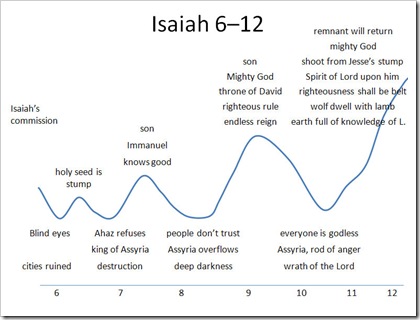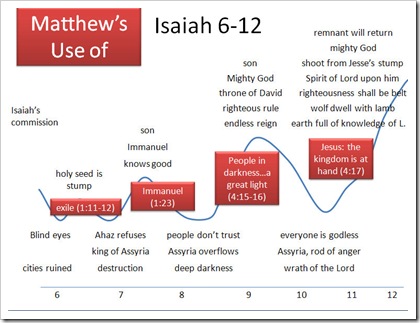The experience of one Israeli Jew who ventured to read the New Testament in public might surprise you. From the Caspari Center Media Review:
Ariel Shinbal was reintroduced to the concept of "conversion to Christianity" with a rude shock, according to his column in the religious weekly Makor Rishon last week (January 30). Having thought that the idea was merely a historical vestige, on par, in the basement of his brain, with the Viking heritage and Atlantis, he had long assumed that "Today, no Jew has any interest in converting to Christianity unless he suddenly independently decides to change his religion due to some illumination, and even here we’re only talking about isolated cases, if at all." In order to disabuse his readers of the notion that there is no missionary activity in Israel, however, he invited them to ride on their nearest bus or train "with a New Testament in your hand, and you will discover the long arm of the collective Jewish memory" – an apparent reference to the recent Jews for Jesus PR campaigns in the public media.
Shinbal acknowledged that he himself had not intended to "get involved for no reason with the central book of the Christian religion." It was only in the framework of his MA studies that he was faced – as numerous others have also been – with an assignment which required him to gain some knowledge of "several chapters of the New Testament." "As someone who was educated in the state-religious system, naturally I had never taken up this book in my hand. I confess that when I held it for the first time, the feeling I had was different from all the other books I had ever handled up until then. A slight upset, something internal and embedded, which didn’t allow me to remain indifferent and unperturbed with respect to a book in whose name the crusades had been conducted. But after a few minutes, I got over this and began reading. As I said, I got over it. My surroundings really didn’t, though. The range of reactions to the fact that I was reading the NT shocked me. I’m not only talking about religious people. A completely secular air-conditioning technician who saw me with the book almost fell off his ladder from amazement and shock. Only after I explained why I was reading it and for what – just for my studies and that I really hadn’t come here to baptize him – did he calm down and go back to work. The expression on his face when he saw me with the book – as if I was Torquemada in all his glory and in person – took me completely unawares.
On Shabbat, we were with relatives. Having experienced several days of shocked reactions to seeing the book, I knew that I should downplay the fact that I was actually reading it. I employed various methods, some of which came straight from detective novels. So here’s a tip: The method of hiding behind a newspaper doesn’t work. ‘Ariel, how long are you going to read 7 Days? Give the paper to someone else already.’ ‘Ah, finally. Ah, what’s that small green book? The New Testament! I don’t believe it! Do you know that in our family there’s a tradition of converting to Christianity?’" According to Shinbal, once that argument became emotional, the only way he could put an end to it was to produce a certificate from Bar-Ilan University (itself a religious institution) proving that he was required to read several chapters from the NT for a course – in order to end the speculation "that this was the first stage of a deterioration towards Christianity of an important link in the people of Israel, a deterioration which would ultimately lead, of course, to my crowning in the Vatican as Pope Arelius Shinbolus I."
The responses Shinbal encountered stimulated his curiosity regarding the fear they concealed – the "irrational horror of an history book, somewhat boring chapters in actual fact." In the course of his investigation, he came across the reaction of a well-known religious-Zionist rabbi, published on the internet in answer to a question. He was so struck by its tone that he proceeded to quote extensive excerpts from it: "’How many thousands of Jews have been drowned, burned, suffocated, and raped because of this murderous religion!!!’ ‘How can you calmly read a book which is so steeped in blood!!!’ ‘A book which led the crusaders to drown whole communities of Jews with their women, children, and infants in rivers in the name of this despicable book under the shadow of the accursed cross.’ ‘This is an abominable book in my view and when I see it I light a match and burn it. I suggest that you do the same, simply burn it and turn it into a bonfire.’ ‘Do this in your home and bring your children to watch how you burn this abominable book so that they’ll learn and become wise and know what to do when it comes into their own hands.’"
Shinbal’s own reaction to the rabbi’s response was that "more than I felt disgust that I was holding in my hands a book steeped in blood was a feeling of shame that only at the age of 33 was I encountering for the first time the foundational book of an important and influential world religion. And more than I felt that I needed to burn this book in front of my children’s eyes, I felt that I should calm down somewhat, that I should be proud of our Judaism and stop being so afraid of those who are different and the Other – most of all when this Other is today in a completely different phase from that which it was in several centuries ago."
Quoted with permission from the Caspari Center Media Review (with whom the copyright remains).

